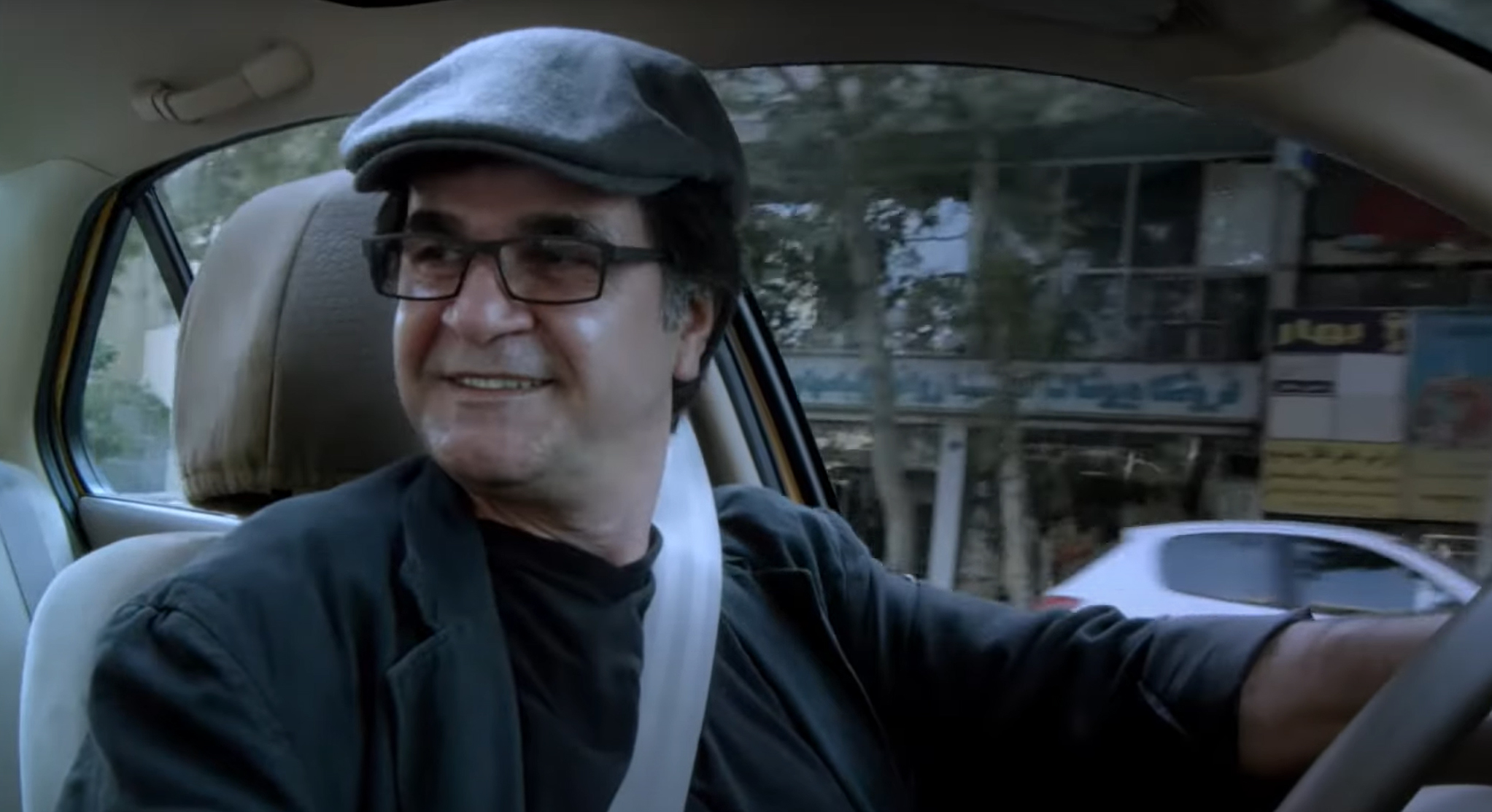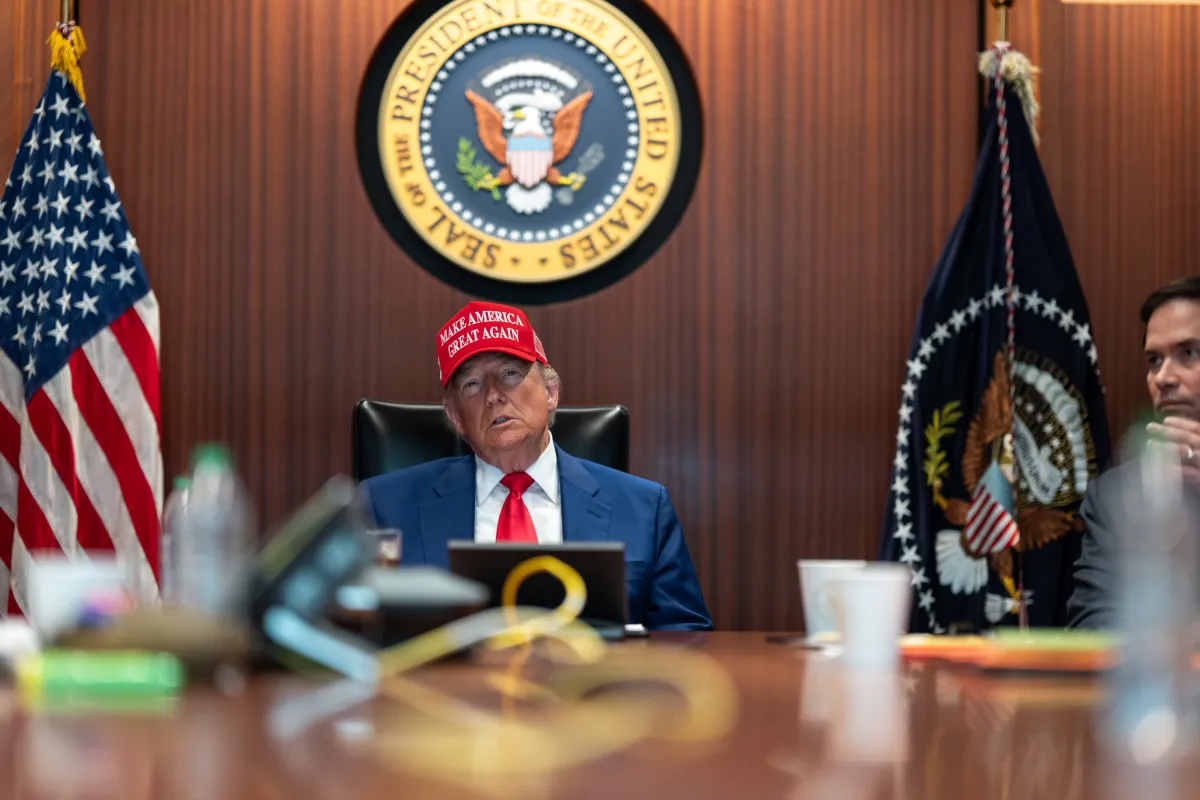For more than 20 years, Stanley Kubrick’s adaptation of Anthony Burgess’s classic novel, A Clockwork Orange, was banned from cinemas in the UK.
Kubrick was known for his shocking and crass, but altogether original, forays into directing. His interpretation of Burgess’s novel was considered exceptionally scandalous for its depictions of sexual and physical violence. But it wasn’t public outrage that triggered its banning – the director himself pulled the film from circulation in 1973, over concerns about reports of copycat violence and threats to both his and his family’s safety. It wasn’t until 1999, after Kubrick’s death, that his family agreed to permit the release of the film again.
This censorship happened despite no legal requirements – the British Board of Film Classification (BBFC) judged the film to be acceptable for adults over the age of 18, and at no point rescinded this. There were legitimate concerns about violence resulting from the film, which should not be underestimated – but the decision did also result in the censorship of one of the most seminal pieces of film and literature of the 20th century, which ironically is, in itself, about the concept of free will.
This example may feel like a relic of a simpler time – we could argue that the internet has desensitised us to violence, and individuals are far more likely to be radicalised by unfettered scrolling on their phone rather than a visit to the cinema. But films of artistic and newsworthy importance are still being censored globally, for fears of the real-world repercussions.
This week, the London Film Festival cancelled its screening of a new investigative documentary on the UK’s far right over safety concerns for festival staff and attendees – particularly in response to the violent riots that took place over the summer. Undercover: Exposing the Far Right is a brave feat of journalism produced by the anti-fascist advocacy group Hope Not Hate. While it is available to watch on Channel 4, it lost its initial impact of a premiere.
Kristy Matheson, the director of the festival, said the decision to cancel was “heartbreaking” but that she had been left with no other viable option. “I think the film is exceptional and easily one of the best documentaries I have seen this year,” she said. “However, festival workers have the right to feel safe and that their mental health and well being is respected in their workplace.”
Outside of the UK, screenings of another documentary film were recently cancelled in Taiwan following bomb threats. Some cinemas subsequently halted showings of State Organs – a controversial film that reports on alleged cases of forced organ harvesting in China – after they received threatening letters, which the Taiwan police say are likely the work of Chinese cybersecurity forces.
Threats of violence appear to have become a routine way to silence artistic, political or journalistic expression. Concerns around such real-world threats are extremely valid, with historical examples such as the awful murders of the MPs Jo Cox and David Amess proving this.
But the risk of giving into such threats can be to further embolden radical groups, make their voices more powerful, and stop them being held to account. “Safety must always be an utmost priority,” said Nick Lowles, CEO at Hope not Hate, of the Undercover screening cancellation. “But we can’t deny that it is disappointing to see the brave work of our staff being denied the widest possible audience. Now, more than ever, the true nature of the far right, in Britain and abroad, needs to be exposed.”
There is also the worry that issues of safety or national security may be used as an excuse to avoid contentious films that invite public scrutiny. This year, both Israeli and Palestinian film events have faced screening cancellations due to what theatres have cited as “safety concerns” or worries around appearing politically biased – but in reality, have been partly influenced by lobbying from groups on both sides. Film-makers are not responsible for their governments’ actions, said Odelia Haroush, the co-founder of the Israeli Seret Film Festival. Referring to cinemas and theatres, she said: “Their role should be to show films and culture, and not cancel culture. Especially now; don’t cancel Palestinian culture, Russian culture, Ukrainian culture, or Israeli culture.”
All of this is not to blame the already financially-stretched creative industries, which do not need the added stress of potentially violent attacks or protests. Extensive security measures and staff training are often additional expenses they cannot afford, and therefore, many event organisers decide that the risks of free expression far outweigh the benefits.
People’s safety must always be paramount, and there is no justification for favouring a film screening over individuals’ lives. But there is a concern that restricting people’s viewing access – whether that be to vital information or cultural enrichment – out of fear may only embolden those wishing to silence others’ through violence.






